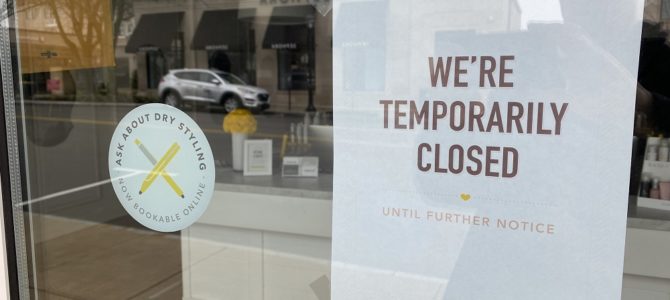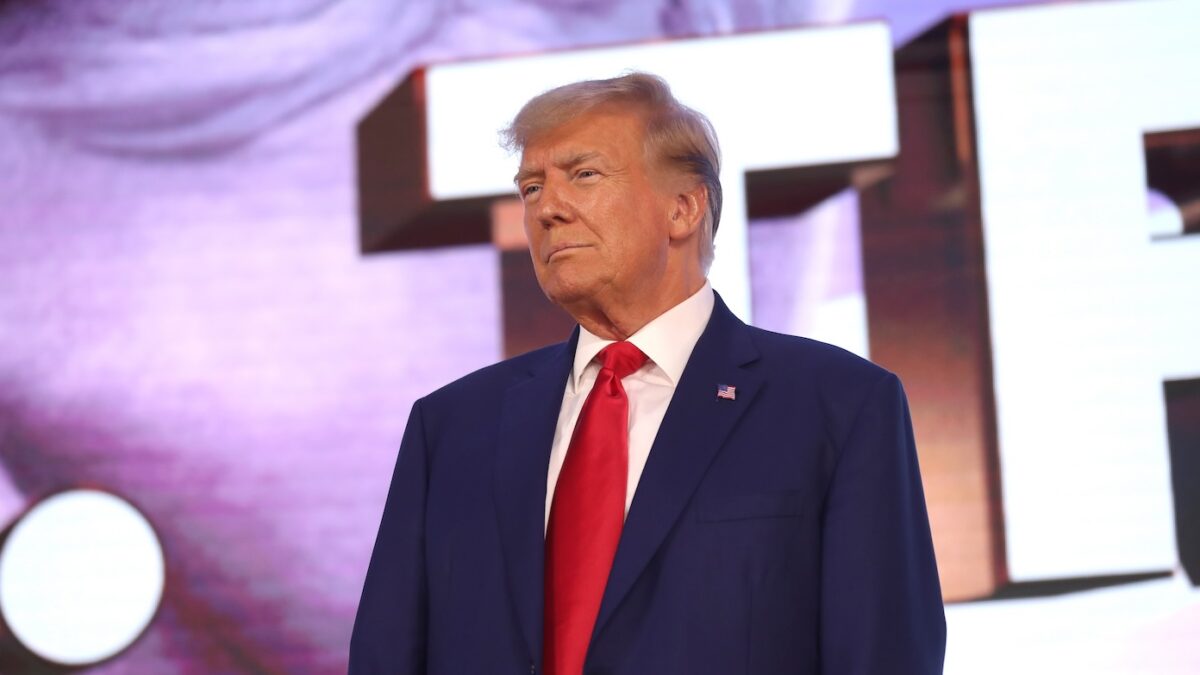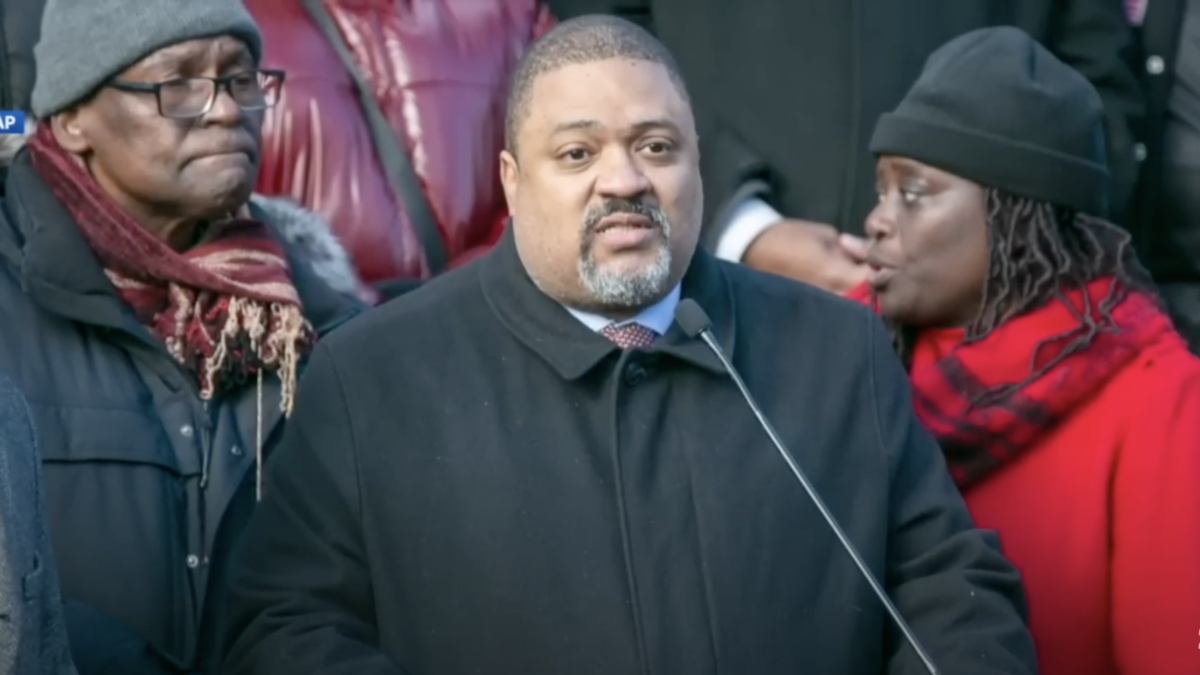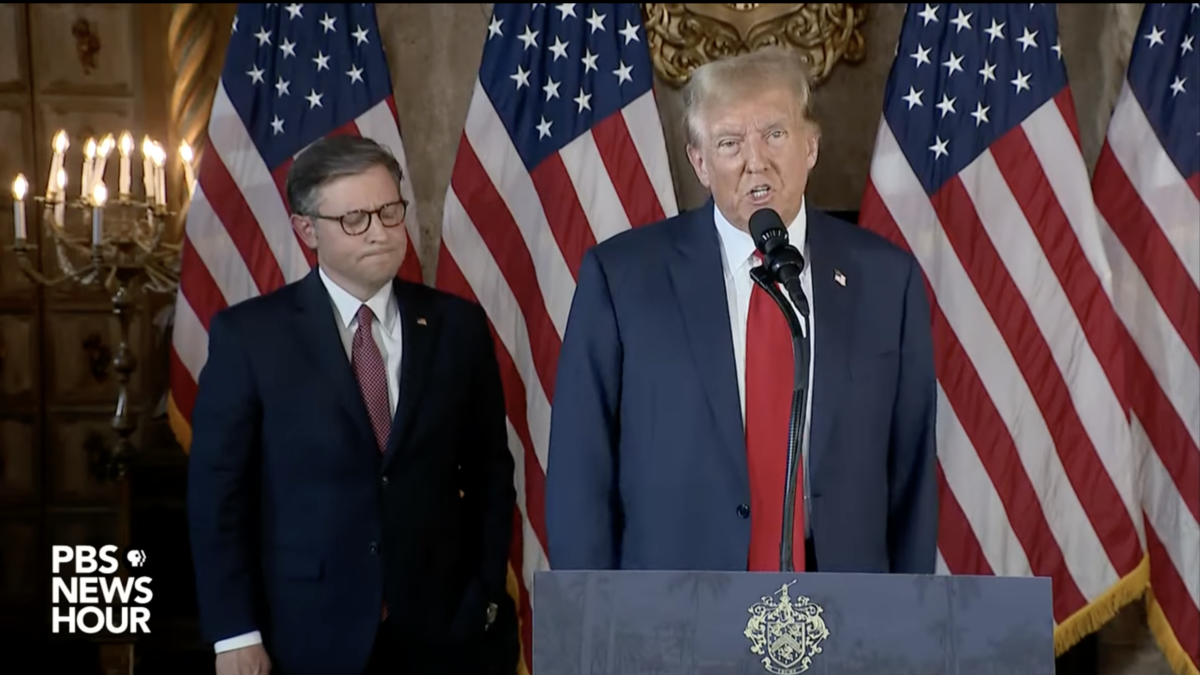
On April 11, The Washington Post ran an article about plans being made to reopen the economy. The article complains that state governors (rather than the White House) are leading the planning, which has resulted in a “mind-boggling level of disorganization,” according to a Centers for Disease Control director.
The incessant bleating of prominent health leaders over the lack of federal control in this crisis only underscores how little they understand or respect this country’s Constitution and the freedoms it seeks to protect. Although the White House certainly has emergency authority to mandate all number of efforts to respond to crisis, and obviously can pressure local leaders, the coronavirus has highlighted the structural nature of the Constitution and that one of the saving graces in the insanity we are living through is that lockdowns are local.
Our country’s structure is pretty straightforward on paper, even if things get a little complicated once all the parts start moving in real time. When the states formed the Union, they ceded power to a federal government cautiously, carefully granting to Congress enumerated powers and creating checks and balances to keep the federal government from evolving into tyranny. At least, that was the plan.
The states retained their historic “police power.” The police power is a state’s inherent authority to govern with a view toward its citizens’ health, safety, morals, and general welfare. Certainly, a state’s plenary powers are limited by the U.S. Constitution and state constitutions, but absent those restrictions, a state’s power is very broad.
Ordering lockdowns, then, is within the states’ authority, not that of the federal government. Bill Gates, Dr. Anthony Fauci, and anyone else advocating for a federally mandated lockdown either doesn’t understand the Constitution’s structure or doesn’t respect it.
On the federal level, emergency measures—no matter how necessary—always pose a danger to freedom. Historically, the exercise of authority triggered by an emergency brings to life a new federal power that never returns to the fully dormant posture from which it came. (I’d go further and say the power is created, but we maintain the ruse that it was always there and never exercised.) If you need an example of radical change in federal authority brought about by an emergency, look no further than President Franklin Roosevelt’s response to the Great Depression.
A state’s exercise of its police power in a time of crisis can be very frightening, too. I find our current lockdowns particularly chilling. They effectuate a sweeping deprivation of civil liberties and, in my opinion, many of the current lockdowns far exceed the uncontroverted evidence necessary to justify them.
This is one reason it is much better to have emergency powers exercised at the local level, where citizens can better control the leadership making the decisions. If lockdowns have to be implemented jurisdiction by jurisdiction, or state by state, they can’t be imposed with the same uniformity and force, and there is the option for a state to dissent and chart its own path, as Florida’s Gov. DeSantis did for some time.
This is essentially the “laboratory of the states” at work, as Justice Louis Brandeis wrote: “It is one of the happy incidents of the federal system that a single courageous State may, if its citizens choose, serve as a laboratory; and try novel social and economic experiments without risk to the rest of the country.” DeSantis got a lot of grief for bucking the trend and attempting to find less restrictive means of securing his state short of house-arrest, but he had every right (perhaps even a constitutional duty) to do it.
Local control also means it is easier to correct overreach. It is easier for the people to hold state leaders accountable if and when emergency powers are abused, than to fight the federal government.
This week we have seen multiple lawsuits crop up across the nation as citizens balk at draconian enforcement measures. In North Carolina a group of homeowners have filed suit against local leaders who are blocking their access to their vacation homes on the Outer Banks. Former Gov. Mike Huckabee is one of several homeowners in Florida suing because local authorities have told Huckabee and his neighbors they cannot use their own private beaches at their oceanfront properties.
In Greenville, Mississippi, police issued churchgoers $500 tickets for sitting in their cars at an outdoor service. The churchgoers are suing. In Kentucky, the governor announced law enforcement will record the license plates of anyone showing up to a mass gathering and then transmit that information to health officials, who will order a 14-day quarantine of those persons.
It is good to see these lawsuits emerging, but we need to collectively start objecting to statewide lockdowns, too. The herd mentality that has swept the nation and imprisoned Americans across the country does not have the proper evidentiary basis, and the precedent, if left unchallenged, can and will be abused in the future. Public outcry should be widespread and loud.
Although the president doesn’t implement the lockdowns, he has tremendous leverage to encourage or discourage them. The president is under tremendous pressure to keep the country closed and needs (and wants!) to hear that freedom-conscious Americans support his best instincts. Worried Americans should be supporting the president and governors to reopen the economy on May 1.








